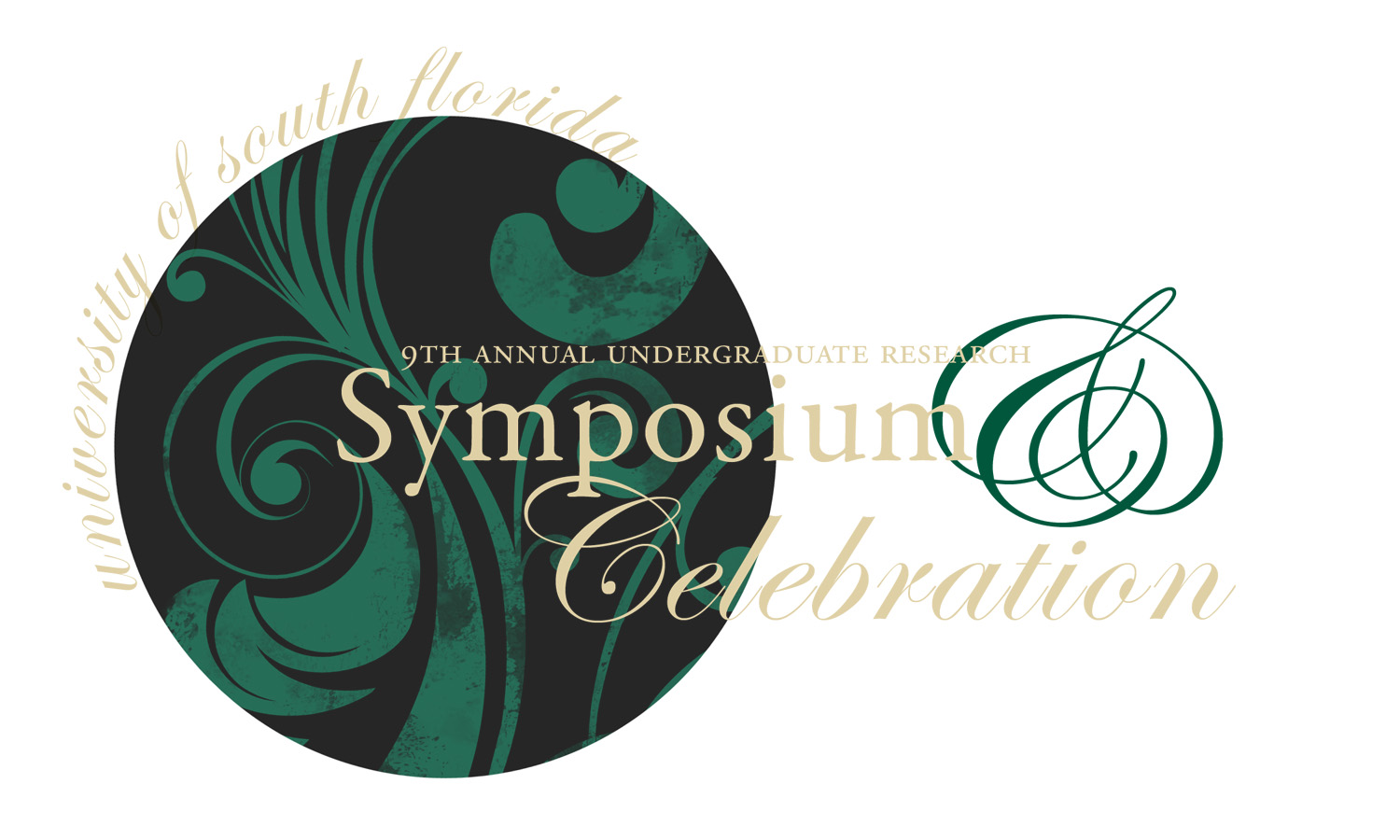Presentation Type
Poster
Good Books: How Readers Judge Novels
Abstract
Every individual has a different definition of what makes a good book, but there are certain novels which more people tend to agree are better than others. What, then, makes these books stand out from the rest? My research is aimed at discovering what qualities are attributed to “good books” and what criteria are used in making this judgment. The research is focused on contemporary young adult literature in hopes of discovering how books are judged similarly or differently by adult and teenage readers. My hypothesis is that books will be rated higher by both groups of readers if they are relatable, thought-provoking, and address problems and issues within society. Research was conducted by polling different authors, librarians, professors and teachers about which YA novels they thought were the best of the last decade. This will be compared to student-choice lists. The most popular books will be analyzed to determine specific characteristics of “good books.” My conclusions will show how books are judged and what qualities make these books popular. In the future, the goal is to use these findings to help increase student engagement with literature and interest in reading.
Key words: young adult literature — value — criteria — characteristics — best
Categories
Humanities
Research Type
Thesis
Mentor Information
Dr. Joan Kaywell
Good Books: How Readers Judge Novels
Every individual has a different definition of what makes a good book, but there are certain novels which more people tend to agree are better than others. What, then, makes these books stand out from the rest? My research is aimed at discovering what qualities are attributed to “good books” and what criteria are used in making this judgment. The research is focused on contemporary young adult literature in hopes of discovering how books are judged similarly or differently by adult and teenage readers. My hypothesis is that books will be rated higher by both groups of readers if they are relatable, thought-provoking, and address problems and issues within society. Research was conducted by polling different authors, librarians, professors and teachers about which YA novels they thought were the best of the last decade. This will be compared to student-choice lists. The most popular books will be analyzed to determine specific characteristics of “good books.” My conclusions will show how books are judged and what qualities make these books popular. In the future, the goal is to use these findings to help increase student engagement with literature and interest in reading.
Key words: young adult literature — value — criteria — characteristics — best

